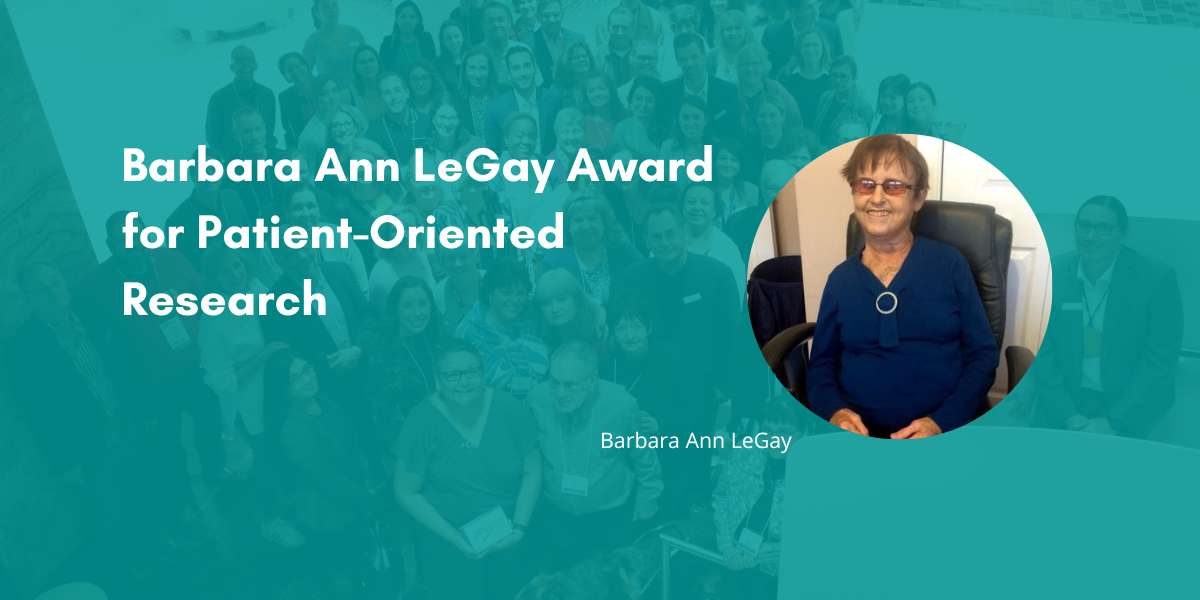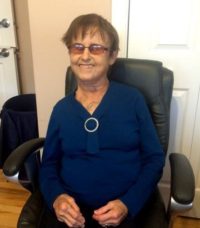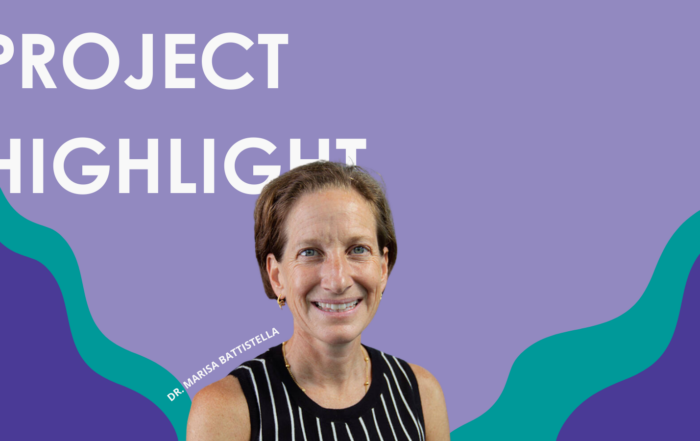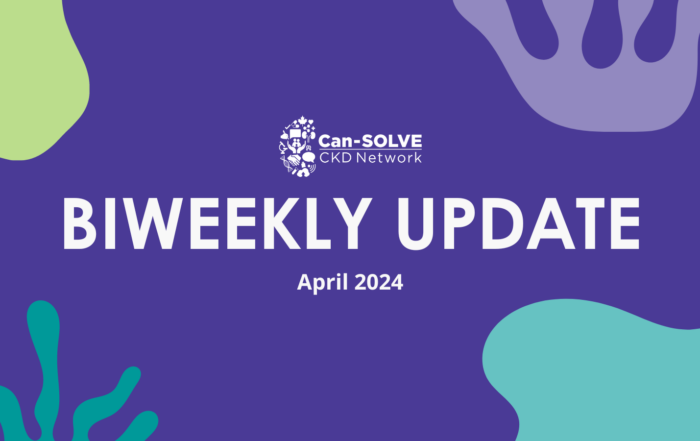
April 5, 2018
Celebrating the contributions of patient partners to the Can-SOLVE CKD Network
The award recognizes those who have demonstrated passion in working to address gaps in health care by improving relationships between health care providers, researchers, and patients. It is an acknowledgement of the central role that patient partners play in developing, testing, and implementing new practices and procedures for the care of persons living with kidney disease.
What are the selection criteria for the award?
- A patient partner currently involved in Can-SOLVE CKD Network
- Strong will for change and pushing the envelope
- Working to address the disconnect between patients and health care providers, promoting care team coordination
![]()
Barb’s story

(1954 – 2017)
Barb always stressed the importance of the patient’s awareness of their particular situation. This is reflected in the need for medical staff to listen closely to what patients have to say about their own health. Too often, Barb thought, care providers’ minds were already made up as to what the problem was and what would be the appropriate diagnosis. They knew best and they were not hearing what she was trying to say. Fortunately there were doctors and other staff who were very caring and willing to take the time to carefully listen to what Barb or her husband Barry were telling them.
Barb often found that during dialysis she would speak to a doctor about a problem and they would just pass the buck. Also when she explained that her breathing was difficult because of fluid build-up, doctors often dismissed her concerns, only find out she was right in the end. Throughout her experience living with kidney disease and other illnesses, Barb was very attuned to her body. All she ever wanted was for someone to listen to her and respect her feelings and input.
Sensitivity is also important. Health care staff need to be cognizant of the patient’s feelings when they have to share sad news. It is extremely difficult to be informed that there is not much more that can be done to help the patient. It is appropriate to be frank but the presentation can make all the difference. Compassion must play an important role in patient care.
Also it was very hard to get all the doctors on the same page about her various problems that were a part of her decline. She needed all her specialists to look at the big picture when decisions had to be made. If it was Cardio and Nephrology they had to touch base and at times this would not happen.
Barb was a lot of fun to be with and her lack of sight never stopped her from achieving anything she wanted in this life. She was on the board of Capital Health, the Kidney Foundation board of directors, and was a passionate advocate for people with disabilities. If anything could be made better in this life for the next person, it was Barb’s goal to do everything in her power for change. When my husband needed heart surgery, she was so worried about him that she would call every day he was in the hospital. I commented to her that she spent more time in the hospital than anyone I knew but she still cared so much for other people when they were sick. She told me she never worried about herself like she did others because the hospital door was just a revolving door to her. That is how she lived her life.
Anne MacPhee
More Network Updates
Connect with us!
Subscribe to learn more about what we do, why it matters, and how you can get involved!






